Retiring Bradford scientist, 83, recalls pioneering career
She has met royalty, a former Prime Minister and was the first female scientist at a major chemical firm, but Professor Diana Anderson does not see herself as ground-breaking, as she retires aged 83.
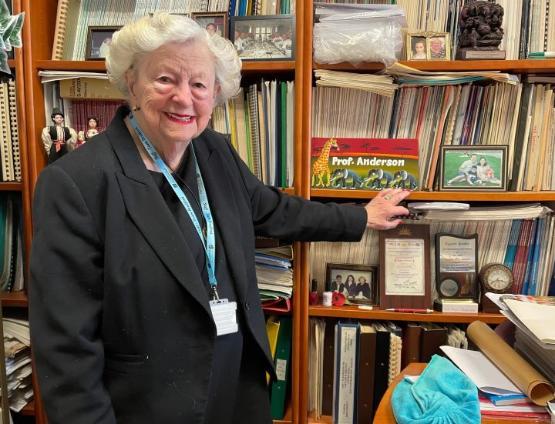
Her retirement as Professor of Biomedical Sciences at the University of Bradford brings the end to an illustrious career in scientific research.
Professor Anderson’s decades-long work has focused on using a single test for each type of cancer detection, such as mutation, chromosome damage and repair deficiencies, and is renowned and respected across the world.
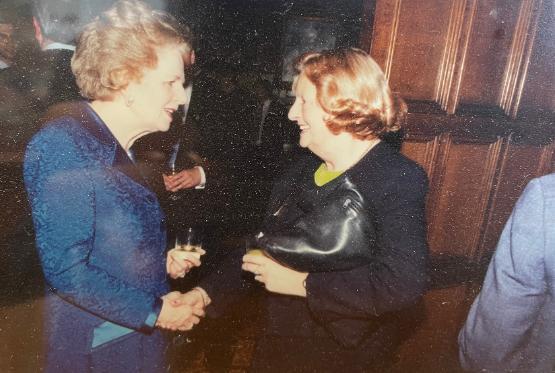
She has published almost 600 papers and 13 books. Awards have duly followed with the most recent a commendation in the ‘People with Purpose’ category at the 2023 Northern Power Women Awards.
She was a pioneer in the early stages of her career as the first female scientist at the chemical company ICI. She joined in 1974 as Head of Mutagenesis Studies at ICI's Central Toxicology Laboratory, working with the newly-appointed male architect and engineer to help design a laboratory to safely handle hazardous chemicals.
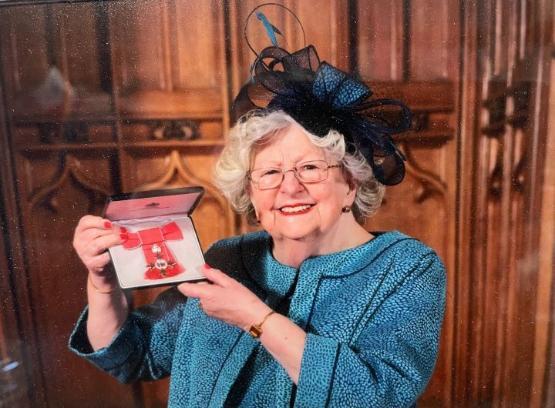
Her research into Genome stability in the umbilical cord blood has been ground-breaking. This led to a major discovery showing how damaged DNA from the father smoking can pass to the child and subsequent advice that men should not smoke for three months before conception to give time for the damaged DNA to be removed or repaired.
Professor Anderson said: “I don’t see myself as ground-breaking. I worked for ICI, they were the best chemical company in the world at the time. When they [ICI] brought me in, they did not know what to do with me. The fact they did not have a women’s toilet shows how prepared they were for me.
I always tried to be a mother as well. I always found that important. That’s been my principal role. It makes me proud that there are more women in science now
“The 1970s and ‘80s was a turning point for women in the workplace. It was exciting.”
Professor Anderson’s office at the University of Bradford includes framed photographs capturing key moments from her career. One features a meeting with former Prime Minister Margaret Thatcher, while another marks her career highlight at Windsor Castle when she was awarded an MBE in the 2022 New Year Honours List, for services to Genetic and Reproductive Toxicology, receiving her honour from King Charles.
Professor Anderson said: “Receiving my MBE was my proudest moment. People recognise you because of what you do yourself. I was thrilled when I got that.
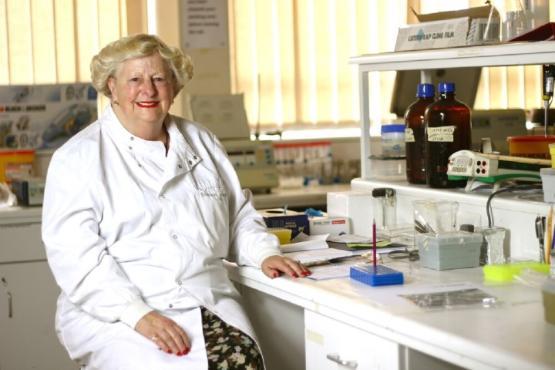
“My career has gone the way I hoped it would do. I would not have wanted to do anything else. I was very lucky.”
After working at the British Industrial Biological Research Association (BIBRA) from 1981, Professor Anderson moved to the University of Bradford in 2000, initially as Chair in Biomedical Sciences. Her past students at Bradford include Labour MP for Streatham, Bell Ribeiro-Addy, who described Professor Anderson as an inspirational teacher.
Professor Anderson has supervised 50 PhD students at the University of Bradford.
Despite her retirement on 24 April, she will still oversee the conclusion of her four PhD students’ work studying cancer research made up of chromosome damage and mutation research.
Professor Anderson has brought in almost £3 million of research funding and contributed significantly to the university’s research portfolio and cancer research.
She added: “I have loved every minute that I have been at the University of Bradford. They said to me ‘you know what you want to do, go away and do it’. I have been allowed to fly here.
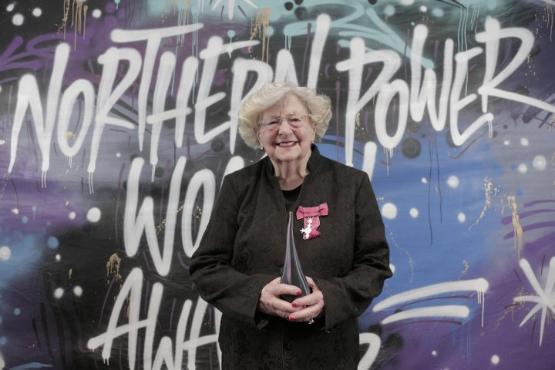
“I always said that if I had a lab of my own, I would treat people the same. There would be no formal boss. I would allow people to get on with it. You have to be fair to everybody. Nobody knows everything.
The wonderful thing would be to have a united front on a test, or tests, acceptable for cancer
“I am a seasoned scientist, I suppose that’s what I am. I have found it enormously difficult to retire.”
Professor Anderson plans to spend more time with her two daughters and four grandchildren and make regular visits to the theatre during her retirement. But she plans to carry out some more scientific research and write even more papers.
